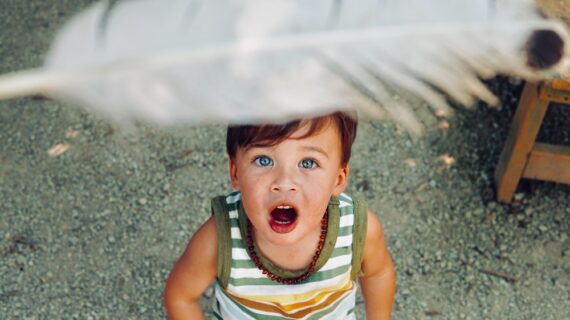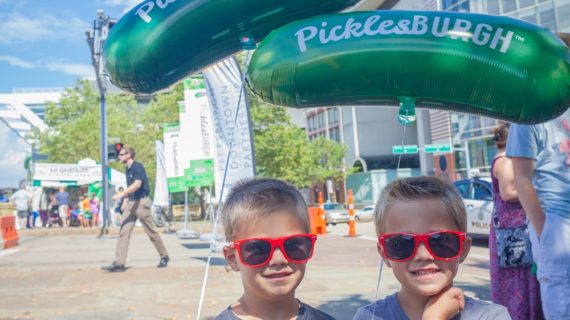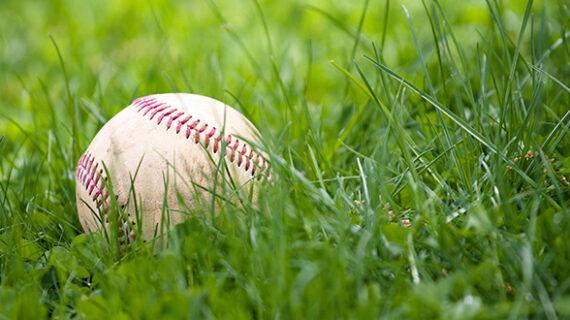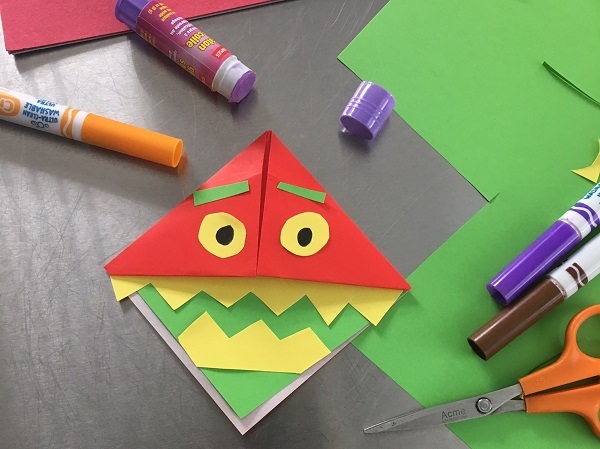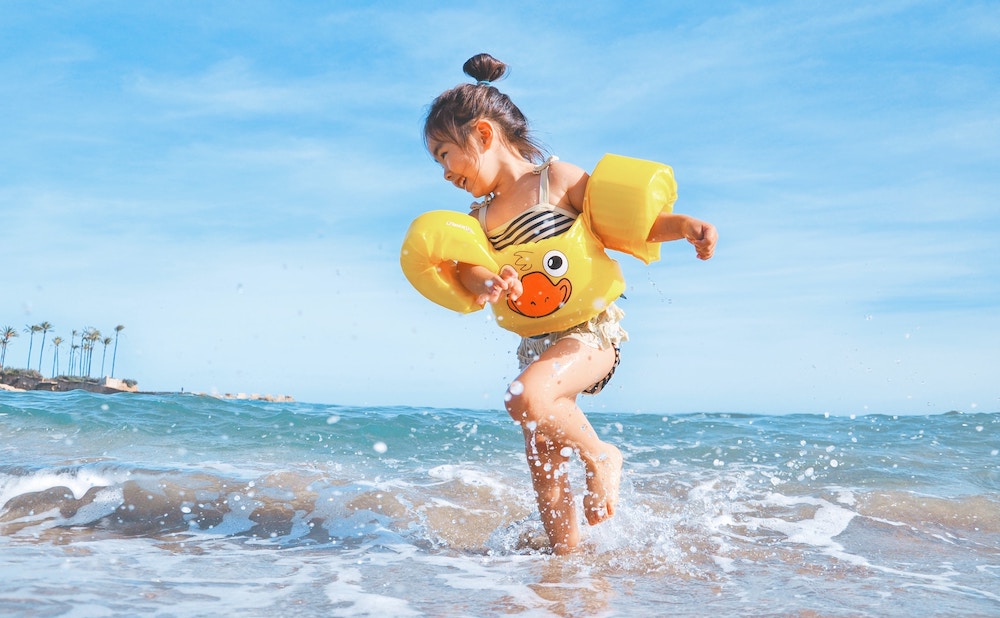
Summer safety for babies and toddlers: Expert advice on heat and sun exposure
Photo above by Leo Rivas via Unsplash.
Summer days can be a lot of fun for families, whether you’re splashing in cool water at a local pool or having a picnic on the grass at a local playground. But the heat and the sun’s UV rays can impact all of us, so it’s important to learn about summer safety for babies and smaller kids.
As this summer heats up, Kidsburgh talked with Dr. Joe Aracri, assistant chair of AHN Pediatrics. We asked: What is the main advice you’d want to share with parents of babies and small kids about sun safety and heat safety?
Summer Sun
Sunscreen is very important, Dr. Aracri says. But it’s used differently depending on a child’s age.
“Under the age of six months, we’re not recommending sunscreen over the whole body because it can be absorbed into the body,” he says. “You want to do the hands, feet and face.”
Cover the rest of the baby’s body with lightweight clothing and always use a hat. Also, keep babies in the shade as much as possible, to avoid significant sun exposure.
Older babies and toddlers can have sunscreen on their arms and legs (along with hands, feet and face). As with younger babies, dress them in lightweight clothing, make sure they spend time in the shade and always have them wear a hat in the sun.
Another key step that’s easy to forget but is important: Put sunscreen on your kids (and yourself!) a half hour before you’re going out into the sun, so that it can absorb and be effective once you go outside. Then reapply sunscreen at least every two hours and after swimming.
Summer Heat:
Dressing kids in light clothing and keeping out of direct sunlight will help manage the impact of summer heat. It’s also important to keep kids very well hydrated, Dr. Aracri says. So keep plenty of cool water and other hydrating beverages around.
Heat doesn’t really get dangerous for kids until temperatures reach 100 degrees Fahrenheit. But it’s good to keep kids in a cool environment. If air conditioning isn’t available, it’s good to have a fan circulating the air where a child is sleeping or playing.
Rooms where kids sleep don’t have to be cold, Aracri says, but they should be “relatively comfortable with good air flow.”
